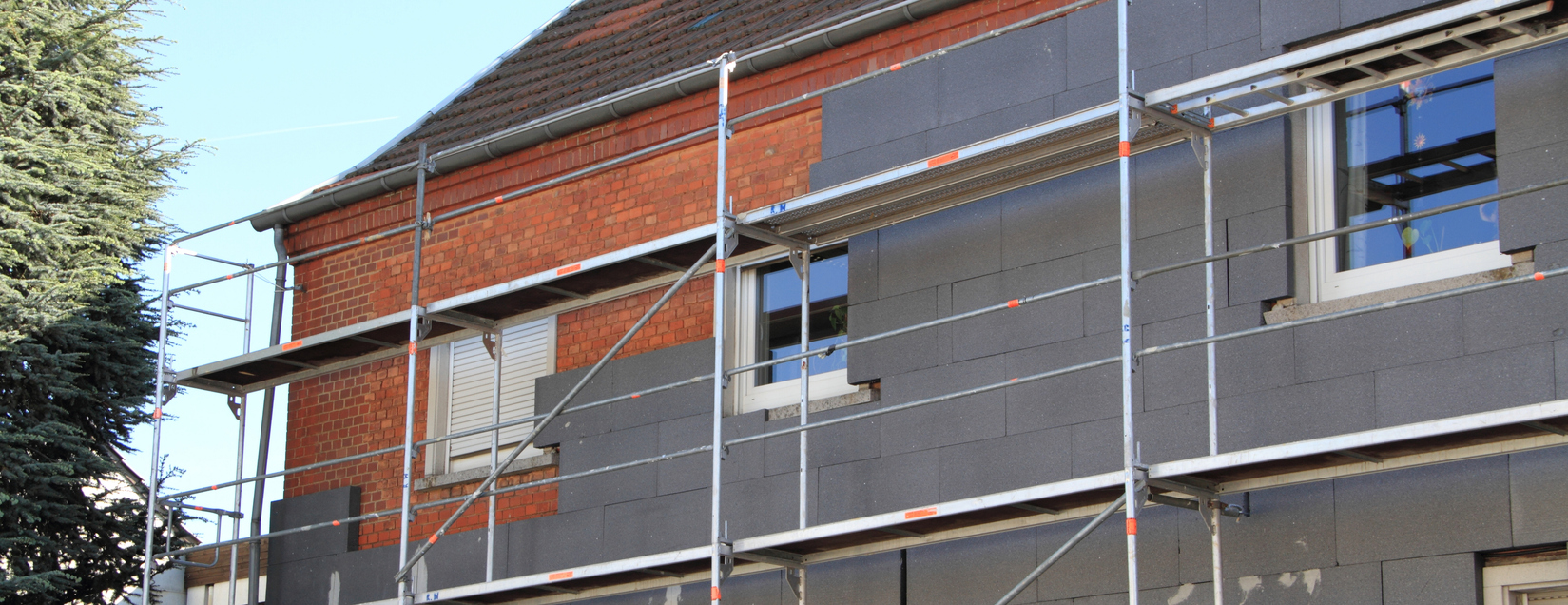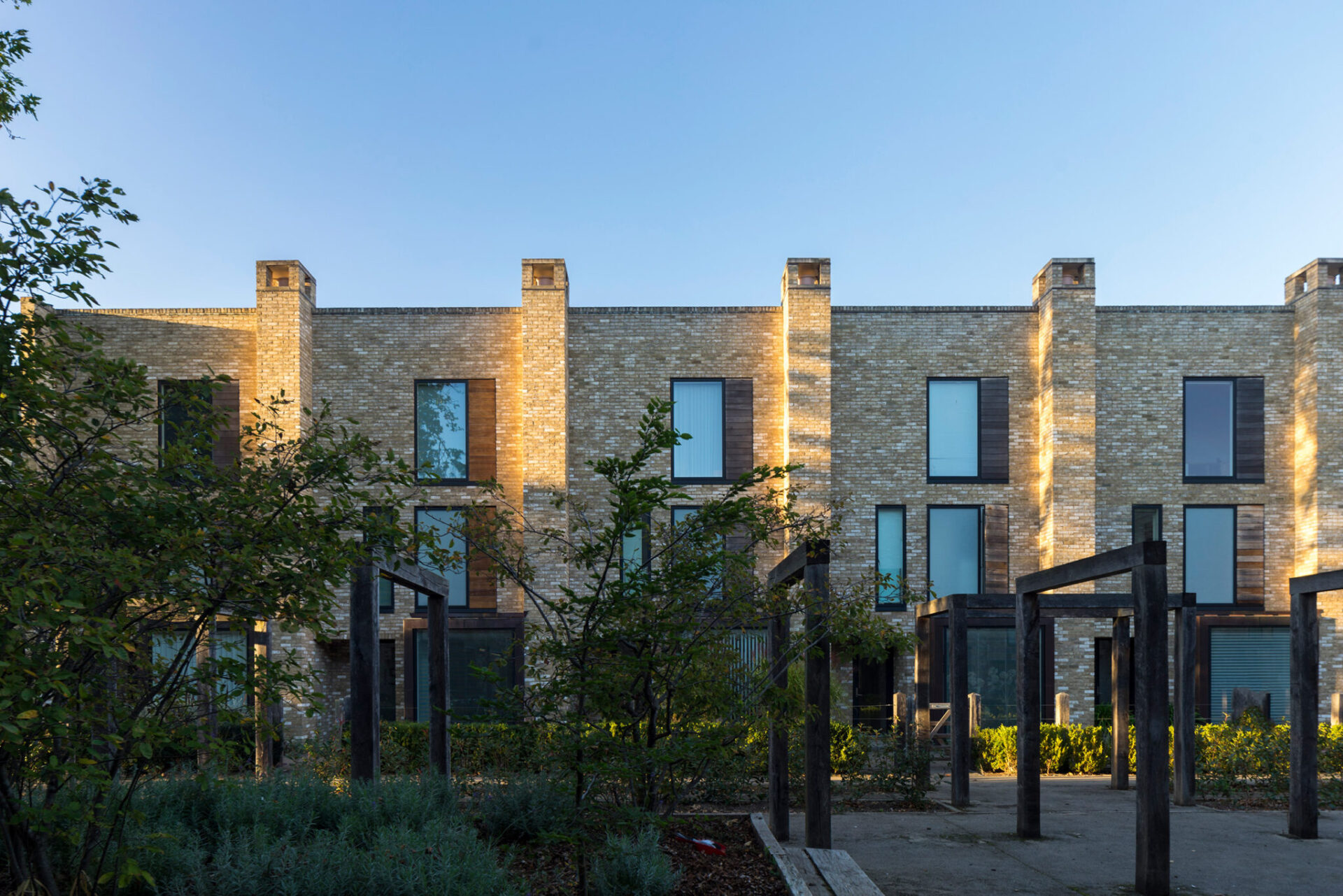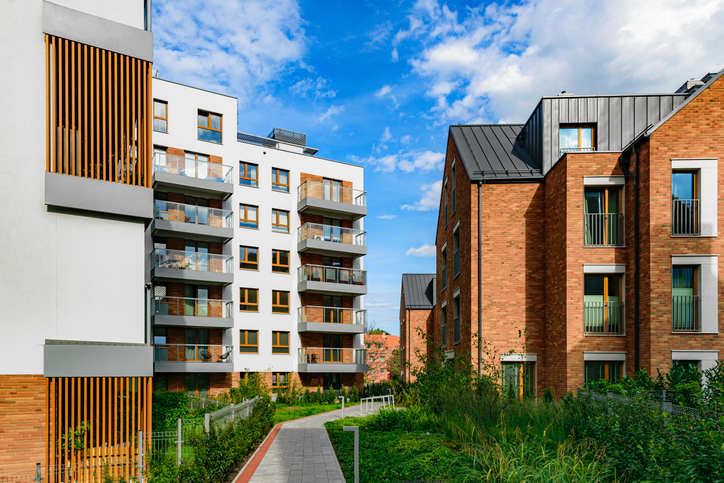
UK real estate will need to adapt to wetter, hotter and colder environments ESG regulations, government policy and occupiers will demand real estate fit for purpose in extreme weather Green buildings are being demanded by policy, consumers and investors.

A number of government policy moves, regardless of how well-intentioned, have created further problems that could hamper accommodation supply.

Has England's property industry got (mostly) what it wanted? It may be two years since Boris Johnson left Downing Street, but his most enduring political...

The classic definition of core real estate means a high-quality asset in a good location with solid tenants. Yields are low but stable and income is far from risky – indeed core assets were valued for their resilience during economic downturns.

As more people wait and see regarding the huge financial pressures of buying a house, they will continue to rent, and they will discover that renting is far from a second choice. This demand will be boosted by buy to let properties being taken off the market due to new legislation.

The first few months of the new Labour government have been reassuring for the property industry, and indeed the house buyer, with major planning reforms on the way, and a streamlining of efforts to re-develop brownfield land. Most notably, the new Chancellor ruled out the possibility of rent controls in her first week in office.

Despite an estate weighing in at 6.9 million hectares, the NHS land portfolio is used poorly. Hospitals and services are creaking while staff often struggle to find affordable homes nearby. Most NHS workers spend close to 50% of take-home pay on housing.